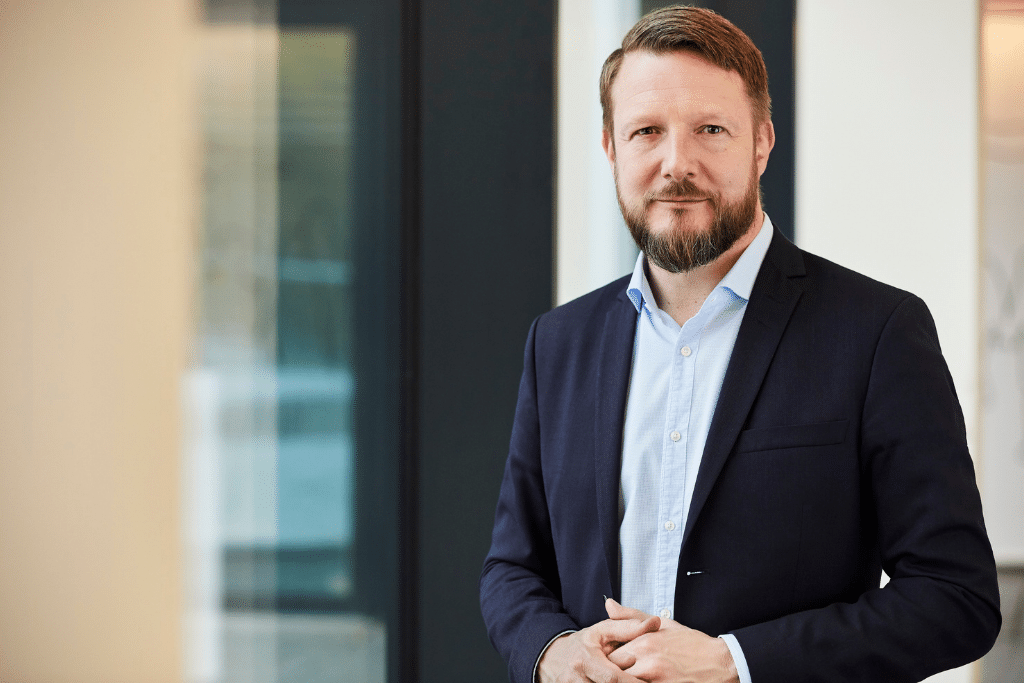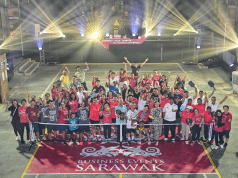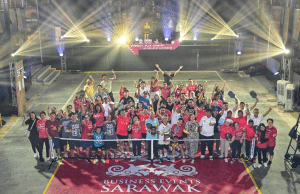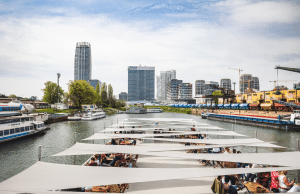In its current research phase, “Redefining Event Attendance”, the Future Meeting Space (FMS) innovation network is exploring why people choose to attend or not to attend in-person business events in the future.
The GCB German Convention Bureau e.V. and the Fraunhofer Institute for Industrial Engineering IAO, together with their research partners, are looking to identify changing patterns in business travel and in-person event attendance. The results of the first two surveys conducted as part of the research reveal clear trends: Networking and idea generation are key motivators for attending face-to-face events in the future.
New means of personal transport and the increasing digitalisation have considerably changed people’s travel behaviour in recent years, both in their private lives and professionally. Costs and benefits are increasingly being weighed against each other, especially for events that also offer online attendance options. The current research phase of the FMS innovation network is therefore analysing which occasions, motives and reasons speak for or against attending in-person events. The results of the first survey show that networking and gaining new ideas are the top reasons for attending events in person in the future. The survey also confirms that self-determination has a significant impact on event attendance, i.e., people who can decide themselves if they attend events do so more often than people who require approval for their business trips. Moreover, in the long term, multi-day trips will account for around 80 % of all business trips related to attending events.

Business travel makes employers more attractive
The second survey of the current FMS research phase focused on the general attractiveness of work-related travel and how this contributes to the recruitment and employee retention. The results show that people who say they enjoy travelling rank business travel as a factor for the attractiveness of and loyalty to their employer in fourth place out of a total of 17 factors surveyed. The survey data also reveals the extent to which business and event-related trips are considered a source and place of inspiration for new ideas and innovation. Idea generation as enabled by attending in-person events is ranked in fourth place with 9 %.
“If we look at the potential of future business travel and events, we see that especially meeting interesting people and ample opportunities for networking are essential for making events attractive for attendees,” explains Dr. Stefan Rief, Head of Organisational Development and Work Design Research Unit at Fraunhofer IAO. Easy and manageable planning and approval processes are also highlighted by the respondents as being conducive to future business travel.

Study evaluation identifies white spots in the research
The two FMS surveys were preceded by an evaluation of more than 80 existing studies to identify which topics are covered and where there are research gaps regarding the future events market. The studies were analysed on the basis of a number of topics, namely business travel, general travel trends, effects of the pandemic, motivation for attending events and sustainable transport, to establish the research status quo and white spots with a corresponding need for research. White spots identified include insights on changing motivations for business travel that are related to the Covid-19 pandemic, cluster analyses to depict different travel typologies and the significance of business travel for Generation Z. The study analyses resulted in nine key assumptions which served as a guide for the altogether three surveys conducted for the 2022 FMS research phase.
Results of current FMS research out in December
The third survey and last survey for the 2022 FMS research looks at identifying what makes business events and destinations attractive for in-person attendance. The goal is to identify key components for developing attractive and effective conferences and meetings. The results of the entire research phase will be presented in a virtual event in December 2022. The date will be announced in due course, attending is free of charge.














